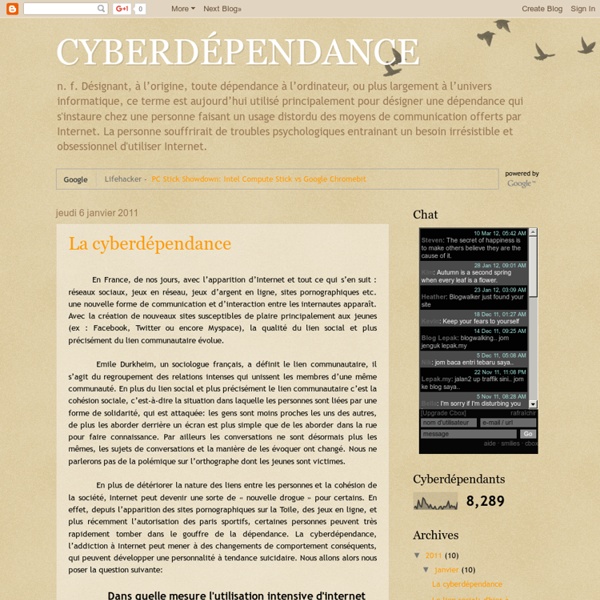



Are You Sleepwalking Your Life Away? by Celes on Jan 2, 2009 | ShareThis Email This Post “The first step toward change is awareness.” – Nathaniel Branden (Originally written and published on Jan 2 ’09) Do you have a clear direction for your life? Sleepwalkers – These are people who live through their lives in an unconscious state. Sleepwalkers look like any one of us, but are really just physical shells living through their lives as drones. These people are the sleepwalkers. How do you know if you are a sleepwalker? 1. What is life to you? 2. Do you know what your purpose in life is? 3. Are you caught in the loop of ‘going through the motions’ or ‘running the rat race’? Occasionally events happen which derails the motion, such as the transition to a different life phase, changing careers, loss of a job, etc. 4. When sleepwalkers are not busy getting caught in the motions, they fill the gaps in their lives with random activities. 5. This is the common motif of “Living on a day to day basis” and “Live and let live”. 6. 7. 8.
Des pistes pour soigner la e-dépendance - 26 juin 2013 INVASION. Les écrans ont colonisé les années 2010. Aux États-Unis, près de la moitié des adultes disposent d'un smartphone, et plus d'un tiers arborent une tablette numérique. "Les gens se connectent sans arrêt, partout, dans toutes les positions - au lit, au restaurant, dans les salles d'attente", constate Remy Oudghiri, directeur de l'institut de sondage français Ipsos et auteur d'un livre sur la "e-dépendance". Comment lutter ? L'intérêt est grand, en particulier dans les écoles pour empêcher les élèves et les étudiants de passer trop de temps pendus à leur téléphone pendant les cours, d'après un porte-parole de cette société. D'après une enquête d'Ipsos, près d'un tiers des Français éprouvent le besoin de déconnecter, et des tendances comparables se dégagent dans d'autres pays. Des formules de vacances avec l'option "désintoxication numérique" Dans le secteur du tourisme, des hôtels se sont engouffrés dans le créneau de la "désintoxication numérique". "ANTI-SOCIAL".
Cyberdépendance.blogspot.fr Note3 Blog @lter et caetera Etes-vous atteint de la cyberdépendance ? Faites ce petit test qui ne vous prendra que quelques secondes pour tester votre cyberdépendance ici Lisez ensuite cette synthèse pour en savoir plus La cyberdépendance est le fait de ne pas pouvoir s'empêcher de se connecter à Internet, dans le but d'éprouver du plaisir et/ou de soulager une tension intérieure (stress). De plus, le cyberdépendant ne contrôle pas le temps passé à "assouvir" son besoin d'Internet. Le fait de se connecter est réalisé en dépit des répercussions possibles sur sa vie. La "norme" fixée, pour considérer un internaute comme étant un cyberdépendant, représente une utilisation de 40 heures hebdomadaire. Le portrait type du cyberdépendant Avant, on trouvait majoritairement de jeunes hommes de 25 à 30 ans. On peut donc dire, qu'il n'y a pas de réel portrait type. Ce qui différencie les hommes des femmes est l'objet des recherches effectuées, ainsi que la manière de percevoir le réseau. Cyberdépendance : une vraie dépendance ?
Unintentionally Eating the Other Last Thursday, Crystal Renn, the model who recently appeared in a Vogue Japan spread with her eyes taped in ways that were suggestive of an old theater makeup trick meant to make white actors look “Asian,” offered an explanation and defense of the cosmetic practice. Tape, it should be noted, is only one of many tools in the arsenal of this particular form of racial drag, also known as yellowfacing – a practice that is literally older than America. Contrary to popular headlines suggesting that “yellowface is the new blackface,” there is nothing new or novel about yellowfacing. One of the earliest incidences of yellowfacing in the U.S. occurred in 1767 when Arthur Murphy presented his play The Orphan of China in Philadelphia. What interests me about this moment of racial drag or “transformation,” as Renn’s called it, are the reactions to it and her own explanation of the decision to tape her eyes. Here’s how Renn explains the eye-taping: “Eating the Other” Like this: Like Loading...
Nomophobie : comment soigner cette addiction aux nouvelles technologies ? Qu'est-ce que la nomophobie ? Jean-Michel Rolland définit la nomophobie comme une forme d'addiction concernant « toutes les personnes qui donnent l'impression d'abuser de l'usage » des nouvelles technologies, c'est-à-dire qui utilisent les outils technologiques (ordinateur, tablette, smartphone, réseaux sociaux) dans l'excès. Le terme de nomophobie reste peu connu mais peut équivaloir à celui de cyberdépendance. Cette attirance prononcée pour les technologies agit directement sur notre quotidien car elle développe sans cesse notre disponibilité et nos besoins d'interactivité. Comme le note Jean-Michel Rolland, « avec les technologies, on ne sait plus être absent ». Les symptomes de la nomophobie Si après avoir lu ces lignes, vous commencez à vous poser des questions au sujet de votre dépendance aux technologies, il existe plusieurs signes qui peuvent vous mettre la puce à l'oreille. L'impact de la nomophobie dans le monde de l'entreprise Que faire face à la dépendance ? Camille Coutant
Cyberdependance.ca Note3
J'aime regarder les témoignages vidéo qui apportent une autre dimension, plus sociale, au probléme de la cyberdépendance. by lafarge_groupe4_psy Apr 8
Bien qu'écrit par 2 lycéens (Maxime Le Blay et Benoit Le Bras), ce blog dédié à la cyberdépendance apporte de nombreuses informations pertinentes sur ce sujet. by perruchini_groupe5_psy Mar 19